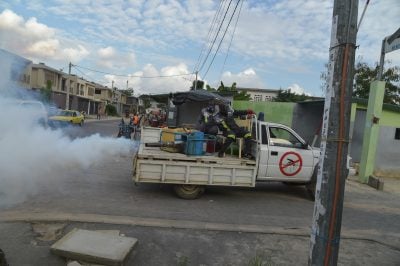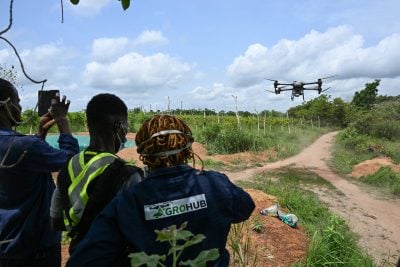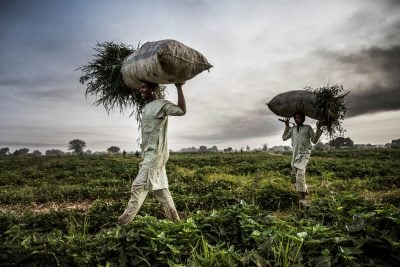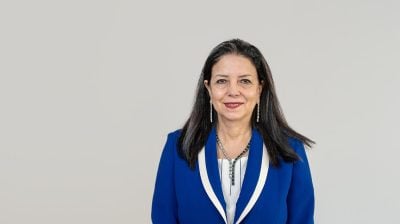Mobile broadband has become the fastest growing technology in human history, and is credited with particular potential in developing countries where the rate of adoption is phenomenal; however, experts insist universal connectivity can only be achieved in Africa through a combination of mobile and fixed line broadband as well as innovative internet technologies. Gabriella Mulligan reports.
The International Telecommunications Union (ITU) predicted in a recent report that over 50% of the global population will have internet access within the next three years – over 40% of the world is already online. The number of internet users worldwide is forecast to rise from 2.3bn in 2013 to 2.9bn by the end of this year.
This rise in connectivity is being fuelled by mobile broadband; there are over three times the number of mobile broadband connections as there are fixed-line broadband subscriptions. As the Broadband Commission has pointed out, the majority of the growth in mobile broadband has occurred in the developing world, with approximately 90% of global net mobile broadband additions happening in developing countries.
In Africa alone, mobile broadband subscriptions stand at 172m, comprising 8% per cent of the global total, according to the ITU.
“As Africa led in terms of uptake of cellular mobile, now the same is happening in terms of mobile broadband,” says Dr Cosmas Zavazava, chief of department at the ITU’s Project Support and Knowledge Management Telecommunication Development Bureau, adding that growth in African mobile broadband is twice as high as the global average.
Despite the merits of rolling out mobile broadband in Africa – such as the time and cost efficiencies – experts agree that laying fixed line infrastructure across the continent remains of key importance to establishing a telecommunications backbone in Africa.
“Fixed line in terms of fibre being laid is a necessity,” said Kojo Boakye, policy manager at the Alliance for Affordable Internet (A4AI).
“In terms of use of fibre for the last mile? Maybe not. But fibre for fixed line, definitely,” Boakye said. However, companies like Liquid Telecom, which has so far laid over 18,000 klms of fibre-optic cables in Southern and Eastern Africa, are very much in the last-mile phase in many of their areas of operations (See interview page 34.)
According to Zavazava, African governments should bear the responsibility of establishing a backbone, and private parties should be the ones to step in to solve last mile issues.
However, so far this hasn’t been the reality; independent provider Liquid Telecom has laid over 18,000 kilometres of fibre in Africa to date, often breaking new ground by connecting unserved or underserved territories for example, in 2013, Liquid Telecom laid the first cross-border fibre into Somalia.
Growth linked to broadband
Achieving broadband access for all has been identified as a key driver of development. World Bank research shows that in developing countries, every 10% increase in the penetration of broadband services results in an increase in economic growth of 1.38%.
“At Alliance for Affordable Internet (A4AI), we believe access to broadband is critical. Not just in terms of the numbers, but broadband and internet access in general provides a broad range of socio-economic impacts, such as in delivery of services, more transparency in governance, greater social networks and a greater voice for people, businesses and government alike,” Boakye said.
According to Zavazava, mobile broadband could unlock the ability to achieve the Millenium Development Goals, and post 2015, the Sustainable Development Goals: “With more penetration of mobile broadband, we will easily achieve a knowledge society, and an information society, and we will eradicate poverty, reduce illiteracy and improve health care.”
A number of alternative connectivity solutions aimed at rural Africa are also appearing. Microsoft’s 4 Afrika initiative making use of spectrum frequencies freed up as television migrates from analogue to digital and Google piloting solar-powered balloons to provide internet connectivity. Facebook is “working on ways to beam internet to people from the sky”, and a range of satellite based affordable internet initiatives. “If you want everyone to have access to the internet,” says Boakye, you have to consider all these solutions. If they work, they’ll create the holistic solution.”
Want to continue reading? Subscribe today.
You've read all your free articles for this month! Subscribe now to enjoy full access to our content.
Digital Monthly
£8.00 / month
Receive full unlimited access to our articles, opinions, podcasts and more.
Digital Yearly
£70.00 / year
Our best value offer - save £26 and gain access to all of our digital content for an entire year!

 Sign in with Google
Sign in with Google 




